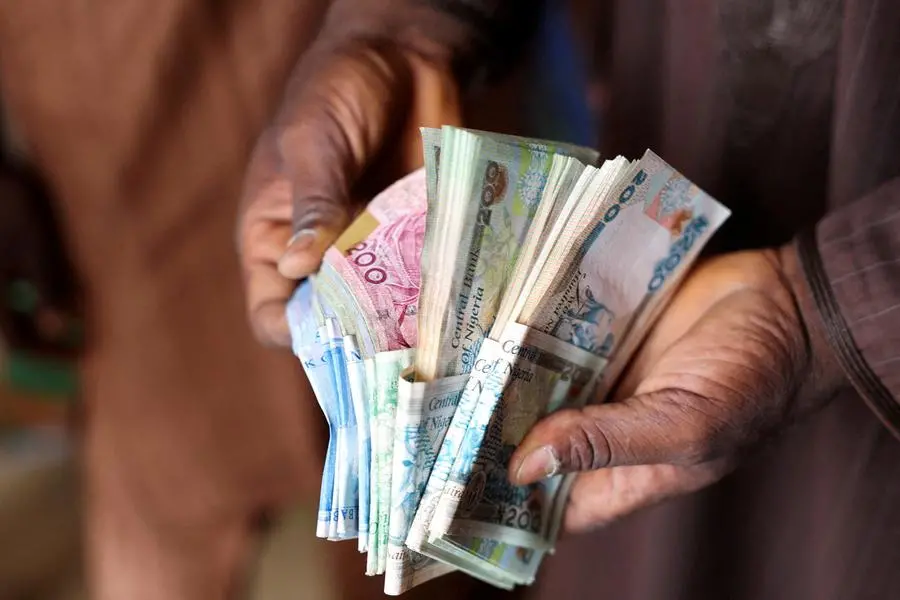PHOTO
Nigeria's rate of inflation rose to a new 28-year high of 34.19% in annual terms in June, official data showed on Monday, but some analysts said it may have peaked as devaluation effects should start to fade from this month.
June's data marked the 19th straight month that inflation had risen in Africa's most populous nation, up from 33.95% in May.
It came roughly a week before the central bank is due to announce another interest rate decision, which will be closely watched after three hikes already this year.
Price pressures have been spurred by policies implemented by President Bola Tinubu, chiefly slashing petrol and electricity subsidies and devaluing the naira currency twice within a year.
The reforms have hurt the poor and left millions grappling with the worst cost-of-living crisis in decades.
Labour unions met with Tinubu last week to push for a new minimum wage after suspending an indefinite strike last month.
Data published by the National Bureau of Statistics on Monday showed food and non-alcoholic beverages continued to be the biggest contributor to inflation in June.
Food inflation rose to 40.87% from 40.66% the previous month.
Central Bank of Nigeria (CBN) Governor Olayemi Cardoso has said the bank will do whatever is necessary to tame inflation.
David Omojomolo, Africa economist at Capital Economics, said he believed inflation would soon start falling, probably from July, and drop below 30% by the end of the year.
"This, we think, will set the stage for the CBN to start thinking about interest rate cuts in the near future," he wrote in a research note.
At its last monetary policy meeting in May, the central bank raised its key lending rate by 150 basis points to 26.25%. Its next rate decision is due on July 23.
(Additional reporting by MacDonald Dzirutwe in Lagos and Mohd Edrees in Bangalore; Editing by Alexander Winning and Bernadette Baum)




















